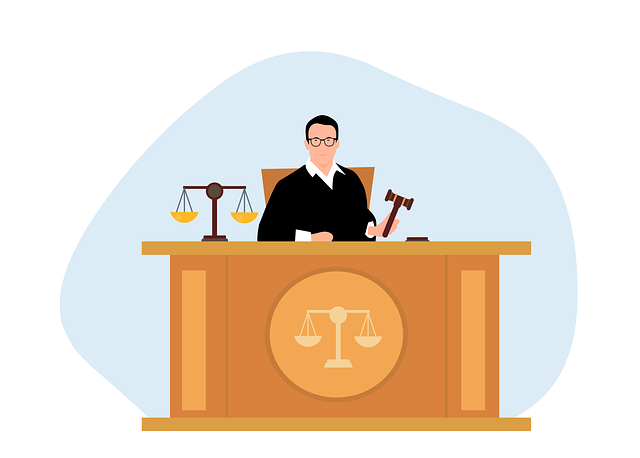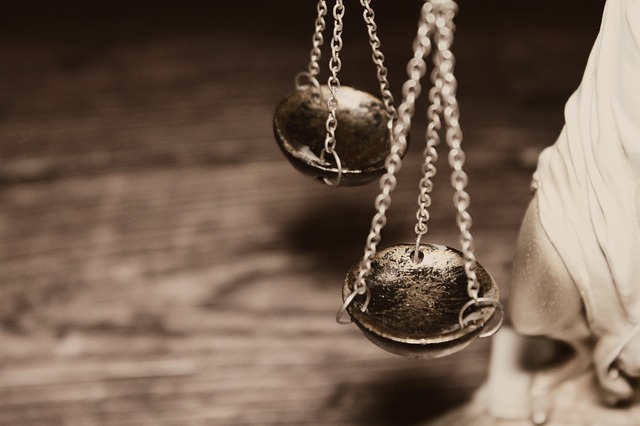Wrongful death beneficiaries play a pivotal role in legal proceedings, requiring active participation, transparency, and cooperation. They must provide crucial information, testify if needed, and maintain ethical standards to ensure a successful lawsuit. Effective communication with legal representatives is essential for smooth case progression, timely resolutions, and adherence to deadlines, ultimately achieving justice for the deceased's memory.
“In the aftermath of a tragic wrongful death, those left behind face not only emotional turmoil but also complex legal proceedings. This article guides you through the responsibilities of wrongful death beneficiaries during a lawsuit. We’ll explore their crucial role and how they can navigate this challenging landscape. From understanding legal obligations to implementing effective communication strategies, learn how beneficial cooperation can enhance the pursuit of justice. Key focus areas include managing expectations, ensuring transparency, and fostering a cohesive narrative.”
- Understanding the Role of Wrongful Death Beneficiaries
- Legal Obligations and Expectations During a Lawsuit
- Effective Communication and Cooperation Strategies
Understanding the Role of Wrongful Death Beneficiaries

Wrongful death beneficiaries play a pivotal role in any lawsuit involving their lost loved one’s passing due to another’s negligence or intentional act. They are not merely passive recipients of compensation; rather, they are active participants who must navigate the complex legal landscape surrounding wrongful death claims. Understanding their responsibilities is crucial for ensuring the case moves smoothly and effectively towards resolution.
These beneficiaries are charged with providing essential information and cooperating fully with legal representatives throughout the process. This includes sharing relevant facts, documents, and witness statements that can bolster the wrongful death claim. Moreover, they must be prepared to testify in court if needed, offering firsthand accounts of the deceased’s life, their relationship, and any losses incurred due to their untimely death. In addition to these tasks, beneficiaries also have a responsibility to act ethically and in good faith during employment disputes or situations involving a breach of fiduciary duty, ensuring that their actions do not impede the lawsuit’s progress.
Legal Obligations and Expectations During a Lawsuit

When a wrongful death lawsuit is filed by beneficiaries, several legal obligations and expectations come into play. These individuals are not only pursuing justice for their loss but also navigating a complex legal process that demands careful consideration and adherence to legal guidelines. A crucial aspect of this journey is ensuring transparency and cooperation with the chosen legal representation. The wrongful death beneficiaries must provide all relevant information regarding the incident, including medical reports, evidence of damages, and any details that could strengthen the case.
Moreover, maintaining proper documentation and records is essential. This includes keeping track of expenses related to the accident and any ongoing treatments or care for affected family members. During this time, it’s vital to stay informed about deadlines set by the court and communicate regularly with the truck accident attorney to ensure the case progresses smoothly. Effective communication also facilitates prompt resolution of potential insurance disputes that may arise during the lawsuit process.
Effective Communication and Cooperation Strategies

Effective communication is key for wrongful death beneficiaries during a lawsuit. It’s crucial to maintain open and honest dialogue with your legal team, providing all relevant information about the incident. This includes sharing details about the deceased’s medical history, financial records, and any evidence related to the case. Promptly responding to requests from your auto accident attorney or truck accident lawyer ensures a smoother legal process.
Cooperating with the legal team means attending court hearings, meetings, and providing witness statements if necessary. Nursing home neglect cases may require additional efforts, such as gathering medical records and expert opinions. Active participation not only strengthens the case but also demonstrates respect for the deceased’s memory. Remember, your cooperation is vital to achieving justice and ensuring that the responsible parties are held accountable.
When dealing with a wrongful death lawsuit, the responsibilities of beneficiaries go beyond simply being involved. They are key players who can significantly impact the outcome by understanding their legal obligations and maintaining open communication. By actively participating, providing accurate information, and cooperating with legal strategies, wrongful death beneficiaries ensure their claims are fairly represented, ultimately seeking justice for their loss.






